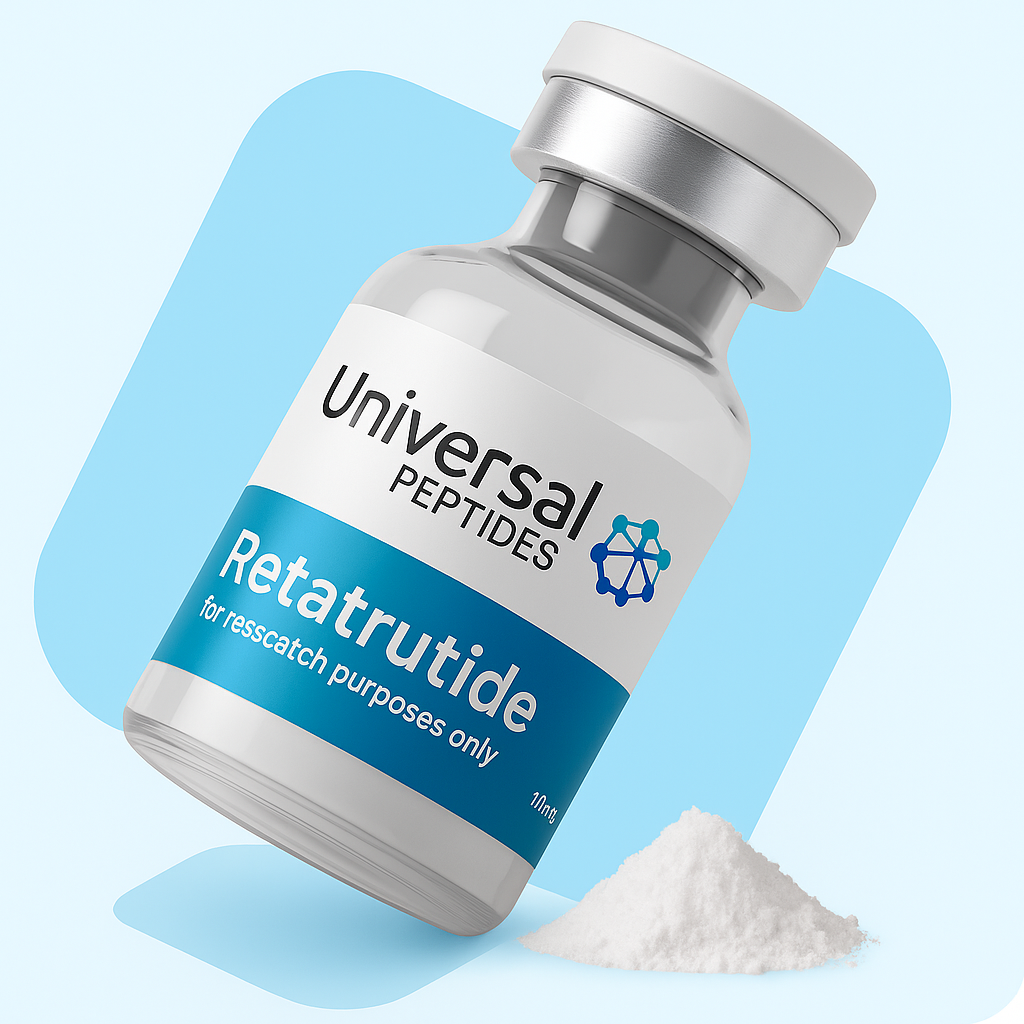-
By: admin
-
March 17, 2023
The Science of Longevity: Can We Really Slow Aging?
From ancient myths of the fountain of youth to modern biotechnology, humanity has always sought ways to extend life. Today, science is closer than ever to understanding the mechanisms of aging – and how we might slow them down. Longevity science is no longer science fiction; it’s an evolving field supported by real research, advanced therapies, and lifestyle interventions.
But can we really slow aging? Let’s explore what science tells us.
What Does “Longevity Science” Mean?
Longevity science is the study of how and why we age, with the goal of extending not only lifespan but healthspan – the number of years lived in good health. Researchers focus on:
-
Cellular Aging: The gradual decline in cell function.
-
DNA Damage: Accumulation of mutations and shortened telomeres.
-
Mitochondrial Health: Decline in cellular energy production.
-
Chronic Inflammation: Low-grade inflammation linked to age-related disease.
Understanding these processes helps scientists design interventions that promote healthier, longer lives.
Key Scientific Approaches to Longevity
1. Lifestyle Interventions
-
Nutrition: Diets like intermittent fasting or Mediterranean diet are linked to longer healthspan.
-
Exercise: Regular activity boosts cardiovascular, bone, and muscle health.
-
Sleep & Stress Management: Essential for cellular repair and hormone balance.
2. Pharmaceutical & Supplement Research
-
Metformin: A diabetes drug studied for potential anti-aging effects.
-
Rapamycin: Shown to extend lifespan in animals by reducing cellular stress.
-
NAD+ Boosters: Compounds like nicotinamide riboside (NR) that support mitochondrial function.
3. Peptide Therapies
Peptides are emerging as one of the most promising tools in longevity science:
-
Epithalon: Associated with telomere lengthening and improved cellular vitality.
-
MOTS-c: A mitochondrial peptide that supports metabolism and energy.
-
FOXO4-DRI: Investigated for removing senescent (damaged) cells that accelerate aging.
-
CJC-1295 + Ipamorelin: Promotes natural growth hormone release, supporting muscle, bone, and recovery.
4. Senolytics and Cellular Reprogramming
-
Senolytics: Drugs designed to clear out senescent cells.
-
Reprogramming Cells: Experimental therapies aiming to “reset” biological age at the cellular level.
Can We Really Slow Aging?
The short answer: Yes, but within limits.
-
We cannot stop aging altogether, but research shows we can slow the rate of decline.
-
Interventions like healthy lifestyle, proper nutrition, and peptide science can extend healthspan by reducing risk of age-related diseases.
-
Clinical research on humans is still developing, but the results from animal studies and early trials are promising.
Longevity is About Quality, Not Just Quantity
A longer life is not meaningful if it comes with poor health. Longevity science focuses on preventing diseases such as heart disease, diabetes, Alzheimer’s, and arthritis. By targeting the root causes of cellular decline, the goal is to help people live longer and maintain independence, vitality, and cognitive function.
Practical Steps You Can Take Today
While advanced therapies are still being studied, you can support longevity right now by:
-
Eating nutrient-rich, balanced meals.
-
Staying physically active with both cardio and strength training.
-
Prioritizing 7–9 hours of sleep per night.
-
Managing stress with mindfulness or meditation.
-
Staying up to date on science-backed supplements and peptide research.
The Future of Longevity Science
Can we really slow aging? Science suggests the answer is yes. While we may not achieve immortality, we can extend the years we live in good health. Peptides, senolytics, and cellular therapies are showing incredible promise, and lifestyle remains a cornerstone of longevity.
The future of aging is not just about living longer – it’s about living better. And with each breakthrough, we are one step closer to unlocking that future.














